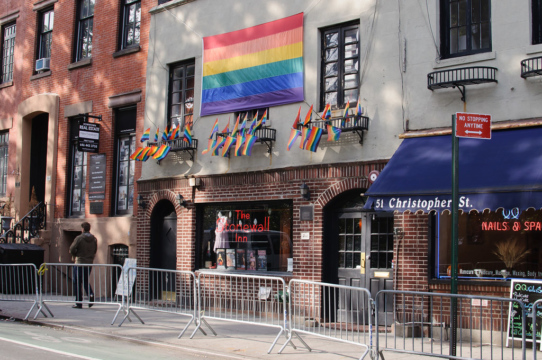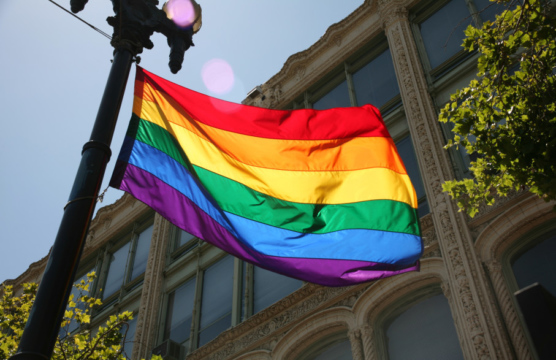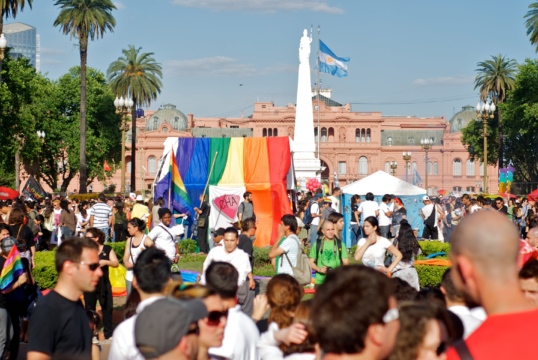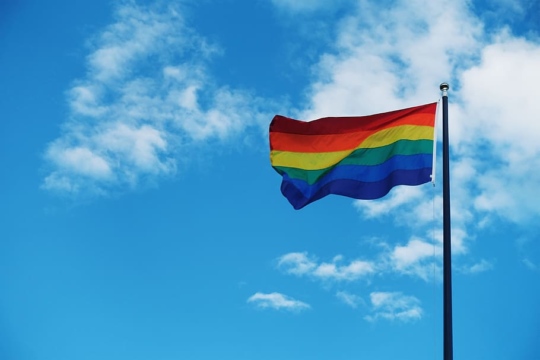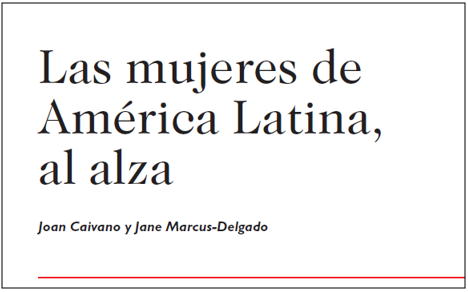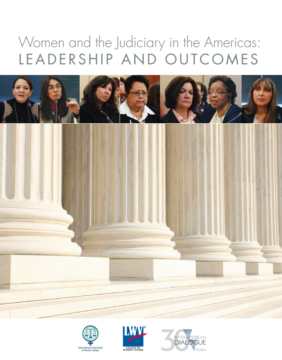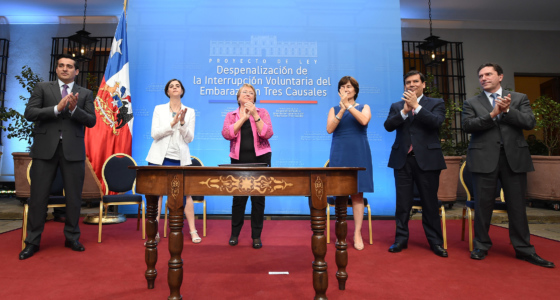
The Reproductive Rights Debate in Latin America
While the overall landscape for reproductive rights showed little change in 2014, there is evidence of glacier-like movement toward easing restrictions on abortion.
While the overall landscape for reproductive rights showed little change in 2014, there is evidence of glacier-like movement toward easing restrictions on abortion.
Why is there such a lack of women in powerful seats running companies or sitting on boards in the region?
Latin American countries have some of the most restrictive reproductive health laws and policies in the world, particularly with regard to abortion. In part this stems from not recognizing reproductive freedom as a fundamental human right. However, imposing legal restrictions on abortion does not reduce the likelihood that women will seek this reproductive health service. Instead, harsh laws compel women to risk their lives and health by seeking out unsafe abortions.
How are women faring in Latin America? Where has progress been made and how has that been achieved?
How do Latin America’s total abortion bans affect women’s health and human rights?
Despite making significant gains in government and politics, women continue to face structural barriers.
Would this be a more compassionate, more peaceful planet if more of it were ruled by women?
As we celebrate lucky number ’13, here is a list of lesser-known milestones that demonstrate the LGBT community’s progress in such a short span of time.
Our hemisphere is quickly becoming one of the most gay-friendly territories in the world, but not everything is advancing positively.
In this interview with PolicyMic, Pedro Robledo discusses youth activism, politics, and why he thinks that young people are the key to fighting for political change today.
Argentina is leading the way in the push for LGBT equality in the Americas, but despite its progressive laws, much remains to be done.
The West is known for exporting its culture, but also its culture wars. The fight for gay rights abroad is the latest example. Powerful, US-based Christian-conservative groups and a network of pro-LGBT transnational actors have each become deeply involved in debates about homosexuality in many countries of the Global South.
In this report, Joan Caivano from the Inter-American Dialogue and Jane Marcus-Delgado from CUNY analyze Latin American women’s advance into positions of leadership and then highlight areas where important obstacles remain.
The Catholic Church is not the greatest barrier to the advancement of gay rights in the Americas.
We are pleased to present this report on women in judicial leadership in the Americas. In recent decades, women in Latin America and the Caribbean have made tremendous strides towards achieving leadership in every sphere and at the highest levels.

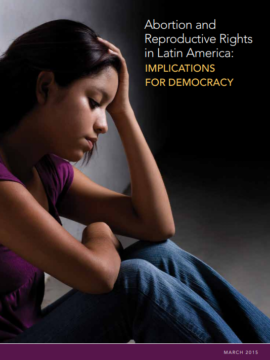
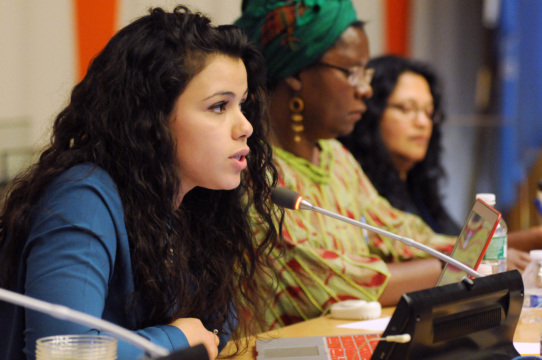

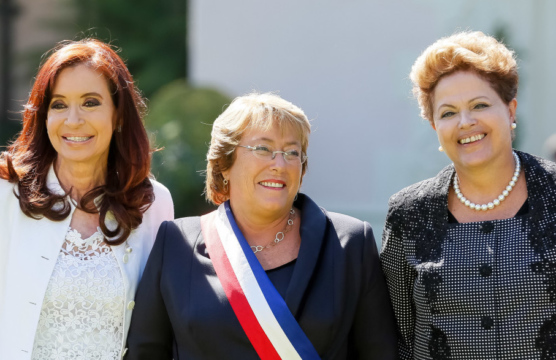 Video
Video
